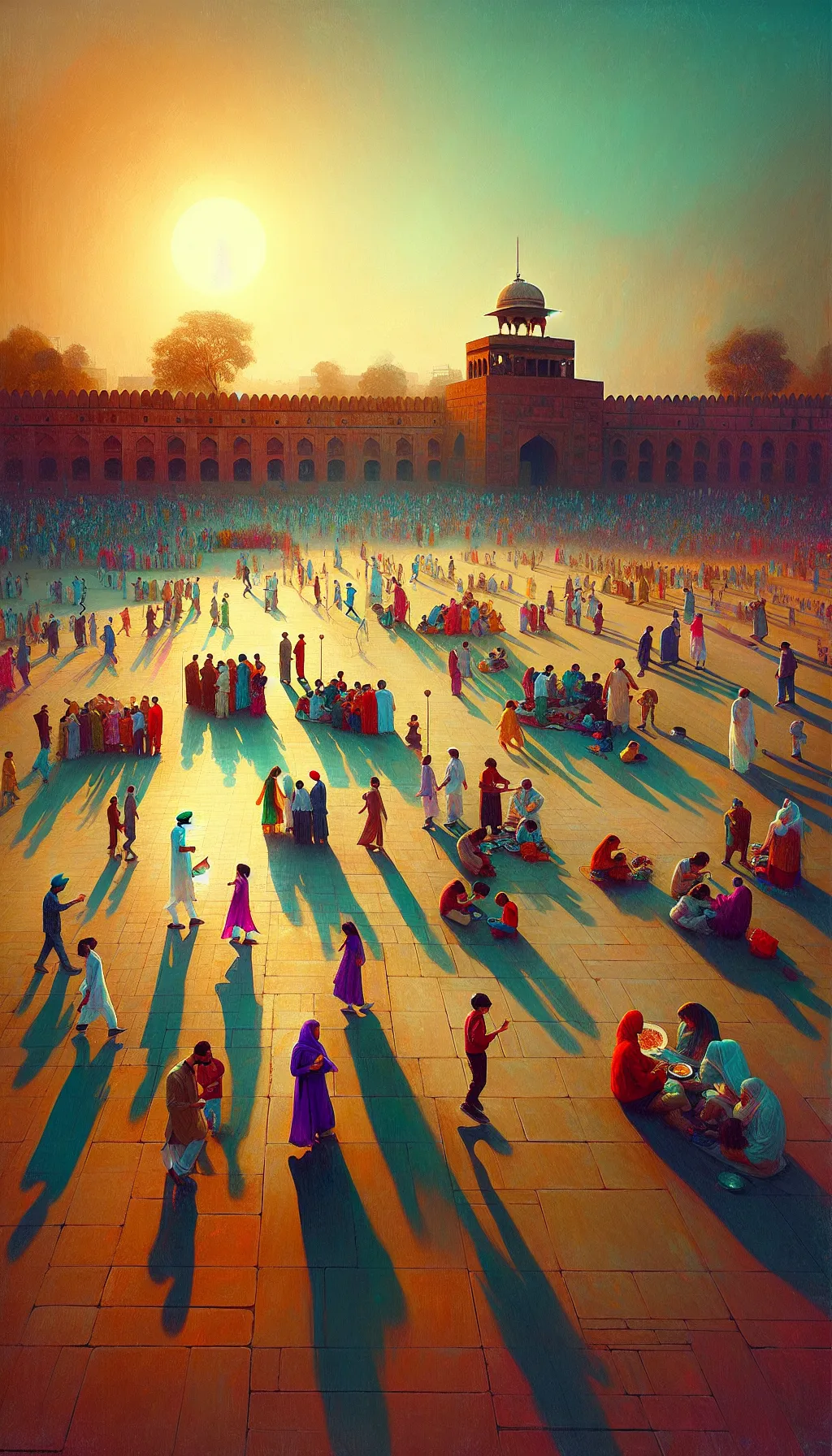India – The Blood-Stained Garden: Jallianwala Bagh Massacre, 1919
TLDR;
- Event: On April 13, 1919, during the Baisakhi festival, British troops under General Reginald Dyer opened fire on a peaceful crowd in Jallianwala Bagh, Amritsar, killing hundreds and wounding many more.
- Impact: The massacre became a pivotal moment in the Indian independence movement, galvanizing resistance against British colonial rule and leading to the Non-Cooperation Movement in 1920.
- Aftermath: General Dyer was censured but not criminally tried, sparking widespread outrage and highlighting the injustices of colonial rule.
- Legacy: The Jallianwala Bagh Massacre is remembered as a symbol of colonial brutality and the enduring fight for freedom and justice.
–
Story
The sun hung high in the sky over Amritsar on April 13, 1919, casting long shadows across the dusty ground of Jallianwala Bagh. It was a day of celebration, the festival of Baisakhi, and thousands of men, women, and children gathered in the public garden, unaware of the horror that awaited them.

Without warning, the tranquility was shattered by the sound of marching boots. General Reginald Dyer, a man whose name would soon be etched in infamy, led his troops into the garden. The crowd, unarmed and peaceful, was trapped within the high walls of the Bagh, with only a few narrow exits for escape. Despite the imposed curfew and ban on public gatherings, the people had come together, perhaps not fully grasping the danger they were in.
Dyer, without issuing any formal warning to disperse, ordered his soldiers to open fire. The crack of rifles echoed through the air as bullets rained down on the defenseless crowd. Panic ensued, and while some managed to flee by jumping into a well or scaling walls, most were trapped. Bodies fell, cries of agony filled the air, and the ground was stained with blood.
The massacre lasted for around ten to fifteen harrowing minutes. When the guns finally fell silent, hundreds, possibly over a thousand, lay dead, and many more were wounded. The garden, once a place of peace, had become a scene of unimaginable carnage.
This brutal act of violence was a turning point in the Indian independence movement. It ignited a fire of resistance across the nation, uniting people in their demand for freedom from British rule. The massacre exposed the brutal reality of colonial oppression and deepened the resolve of leaders like Mahatma Gandhi, leading to the Non-Cooperation Movement in 1920.
The Jallianwala Bagh Massacre remains a stark reminder of the cost of freedom and the resilience of those who fight for it. It is a chapter in history that continues to evoke anger and sorrow, but also a determination to remember and learn from the past.
–
| Would a different decision by General Dyer have changed the course of Indian history? |